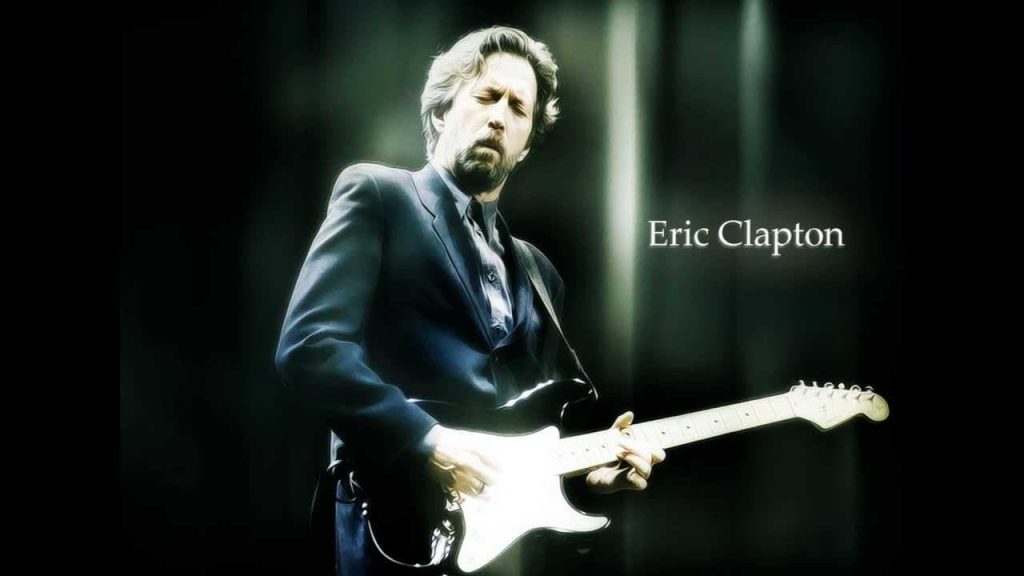
A Blues-Rock Anthem Exploring the Allure and Danger of Substance Abuse
Eric Clapton’s “Cocaine”, a track that needs little introduction, stands as a cornerstone of rock history, not just for its infectious riff but also for the complex narrative it weaves around the seductive yet destructive nature of drug use. Released in 1977 on the album Slowhand, it quickly climbed the charts, reaching number 30 on the Billboard Hot 100, solidifying Clapton’s status as a guitar virtuoso and a prominent voice in rock music.
The song wasn’t actually written by Clapton himself, but rather by J.J. Cale, a highly respected singer-songwriter known for his laid-back, bluesy style. Cale originally released the song in 1976 on his album Troubadour. However, it was Clapton’s rendition that propelled the song into the mainstream consciousness, giving it a harder, more rock-infused edge. It’s worth noting that Cale’s original version has a more subdued, almost rambling feel, while Clapton’s version is more structured and driven, making it more suitable for radio play.
The story behind Clapton’s recording of “Cocaine” is intertwined with his own personal struggles. In the 1970s, Clapton battled severe heroin addiction, a dark period that profoundly influenced his music. Though “Cocaine” is about the allure of cocaine, not heroin, the themes of addiction and the search for escape resonated deeply with Clapton’s own experiences. This personal connection undoubtedly added a layer of authenticity and raw emotion to his performance.
The lyrics themselves are deceptively simple, repeating the word “cocaine” throughout the song. This repetition, however, is not mere redundancy. It serves to emphasize the pervasive and all-consuming nature of addiction. The lyrics don’t explicitly glorify drug use; instead, they present it as a readily available escape, a temporary solution to deeper problems. The lines “If you wanna hang out, you’ve got to take her out; cocaine” and “If you wanna get down, down on the ground; cocaine” paint a picture of a world where cocaine is integrated into social life, almost a prerequisite for participation.
The true genius of “Cocaine” lies in its musical arrangement. Clapton’s iconic guitar riff, a blues-rock masterpiece, is instantly recognizable. It’s a driving, relentless force that perfectly captures the energy and intensity associated with drug use. The song’s structure, with its catchy chorus and powerful guitar solos, makes it an undeniable crowd-pleaser. However, beneath the surface of this seemingly celebratory sound lies a cautionary tale. The song’s energy can be interpreted as a reflection of the fleeting euphoria that drugs provide, a high that inevitably leads to a crash.
It’s crucial to understand that “Cocaine” is not a pro-drug anthem. Clapton himself has been very vocal about the dangers of substance abuse. The song, in its essence, is a commentary on the seductive power of addiction, a reflection of a societal issue that continues to plague communities worldwide. It stands as a reminder of the fine line between pleasure and destruction, a theme that resonates deeply with anyone who has witnessed the devastating effects of addiction. In retrospect, listening to “Cocaine” decades later, it serves as a poignant reminder of a specific era in rock music and also triggers reflection on the ongoing battle many face with substance use. It’s a song that continues to provoke thought and discussion, ensuring its relevance in the musical landscape. The song’s legacy is complex, sparking debates about interpretation and responsibility, but its impact on rock music is undeniable.